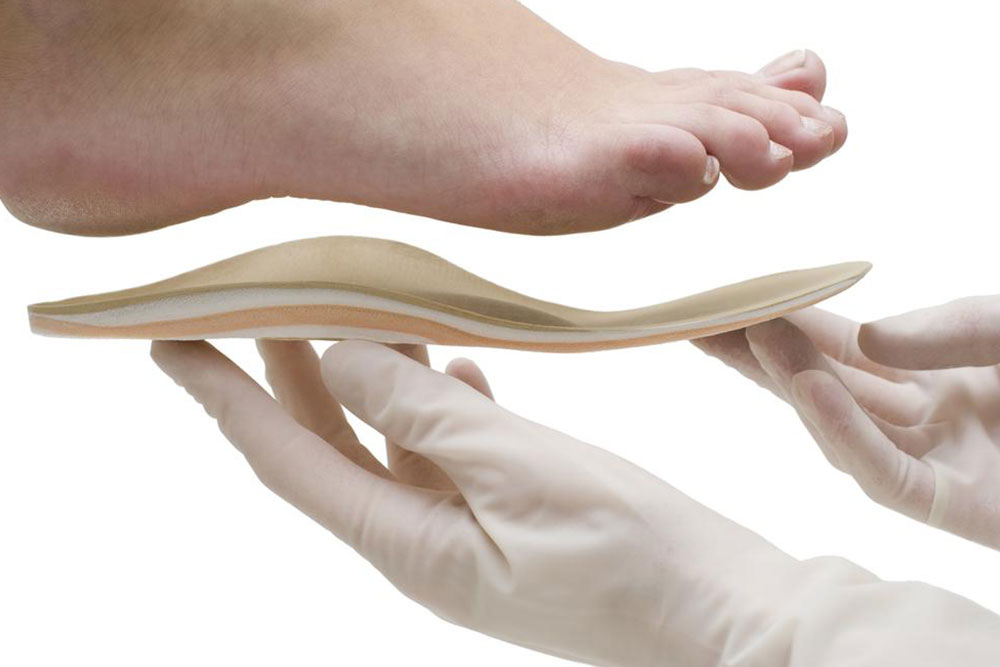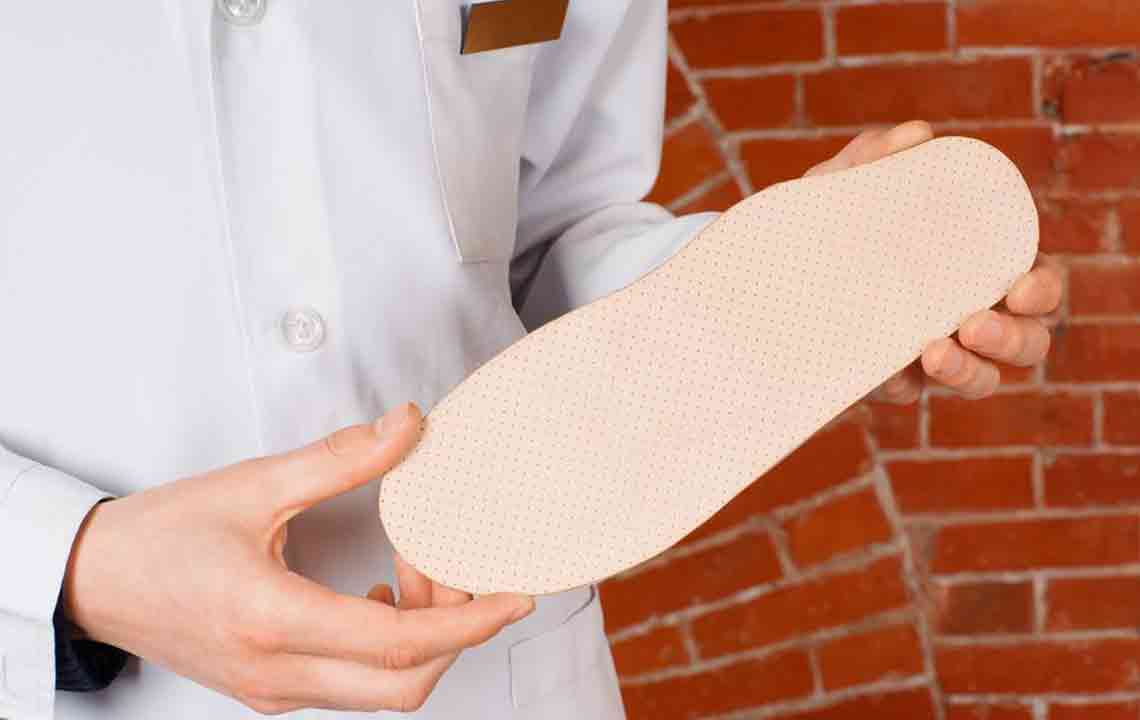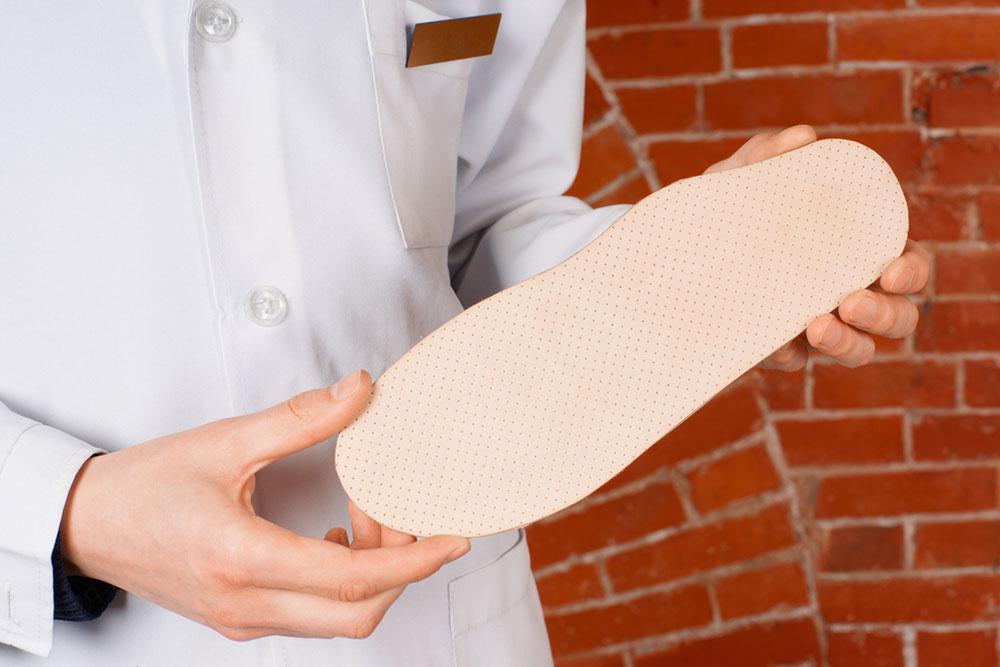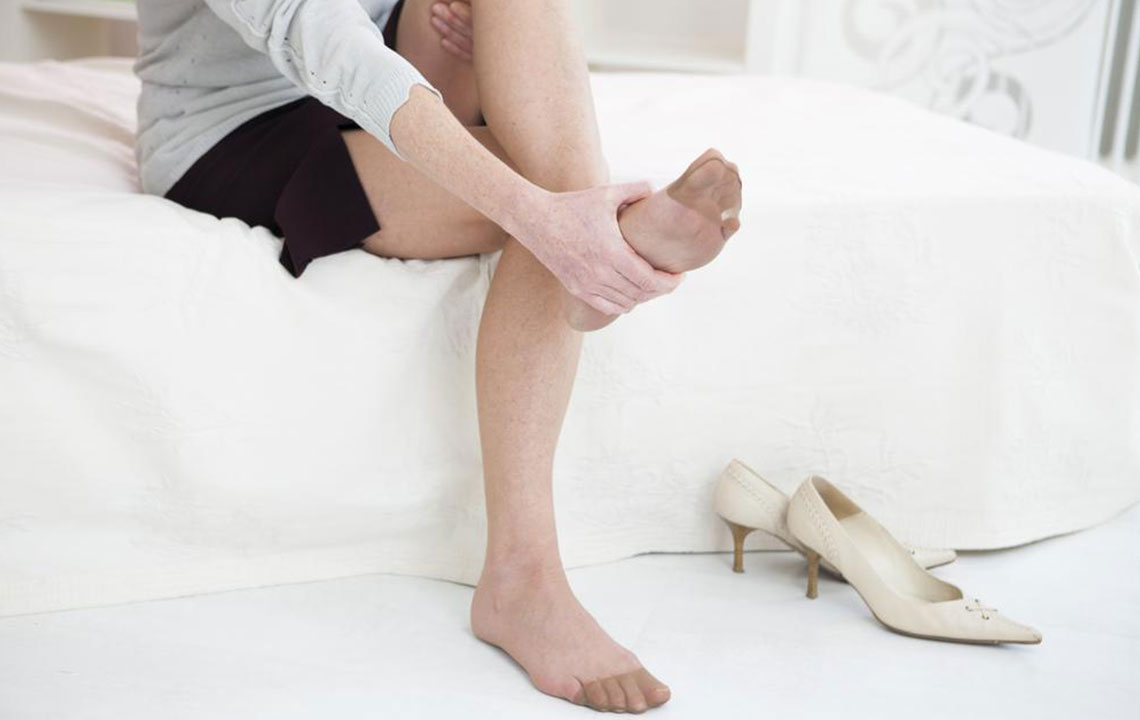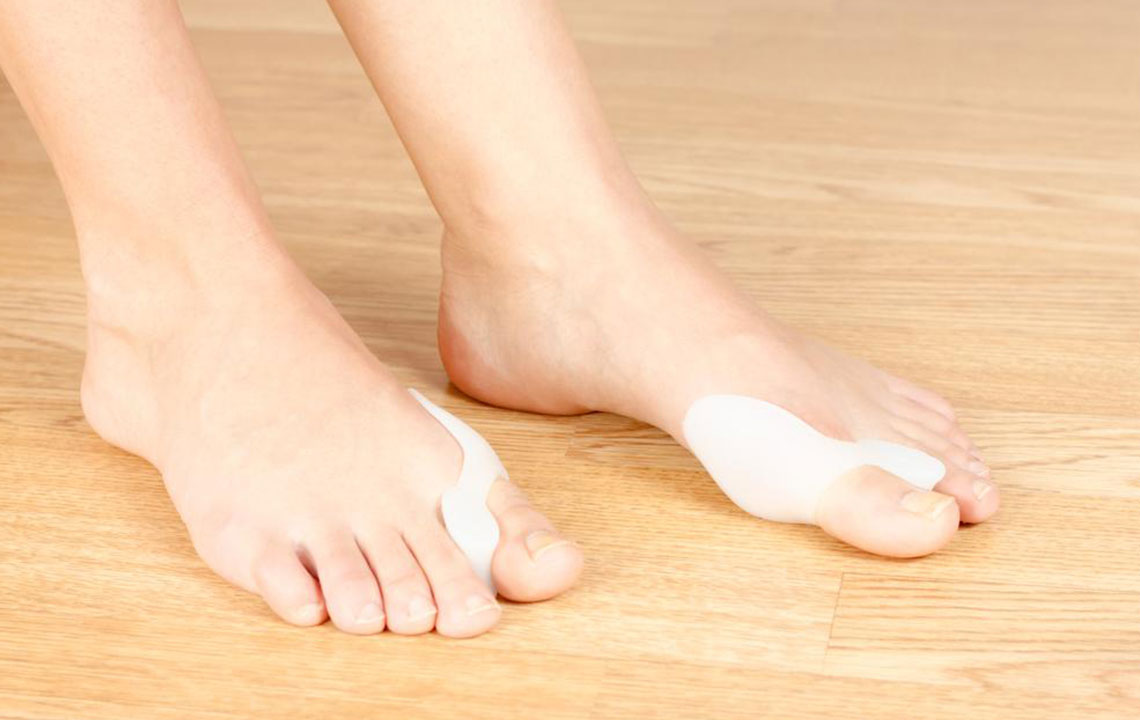Different Categories of Orthotic Devices
Explore the various types of orthotic devices, including supportive, corrective, and cognitive orthotics, each designed to improve mobility, correct deformities, and assist individuals with cognitive impairments. Learn how these innovative devices enhance patient care and support recovery efforts across medical fields.
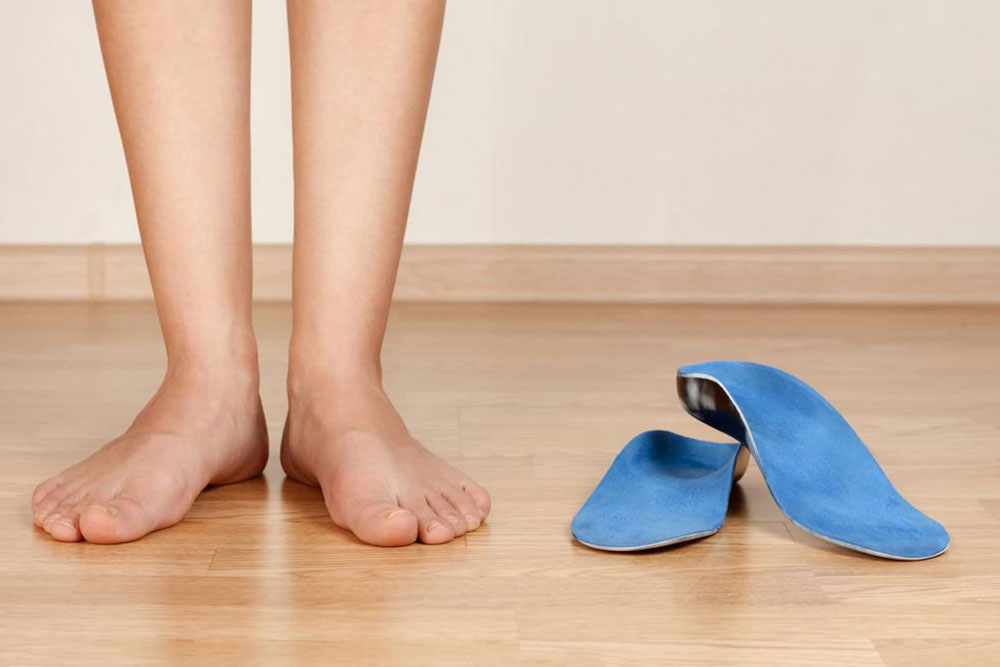
Different Categories of Orthotic Devices
Orthotics, originating from the Greek word 'ortho' meaning to straighten or align, are specialized medical devices designed to support or correct the musculoskeletal system. These externally fitted tools are crafted to modify structural and functional issues within the skeletal or neuromuscular systems. An orthotist, an expert in this field, evaluates patients, creates prescriptions, manufactures, and manages these devices to ensure optimal support and correction.
Supportive Orthotics
There are mainly two classifications of orthotics used in healthcare: supportive and corrective. Supportive orthotics are designed to assist with minor discomforts and structural issues, often involving gentle support to reduce pain and improve walking patterns. These devices help stabilize joints, distribute pressure evenly, and alleviate stress on affected areas, such as in foot, knee, or hip conditions.
Corrective Orthotics
Corrective orthotics are tailored to address specific biomechanical abnormalities, aiming to restore natural movement and prevent further deformities. These devices are typically constructed from supportive plastics and are used to treat conditions like flat feet, overpronation, or structural foot deformities. They work by guiding proper foot alignment, supporting the arches, and preventing abnormal pronation during activities.
Cognitive Orthotics
Progress in orthotic technology has led to innovations such as software-driven cognitive aids designed for individuals with memory loss or neurological impairments. These intelligent systems, often integrated with digital devices like PDAs or smartphones, incorporate artificial intelligence to assist users in daily tasks, improving independence and safety. They are especially beneficial for those recovering from brain injuries or suffering from cognitive decline, supporting task management and memory reinforcement.
Orthotics continues to evolve, contributing significantly to patient recovery and daily functioning. Their growing application underscores the importance of personalized healthcare solutions for diverse needs.

